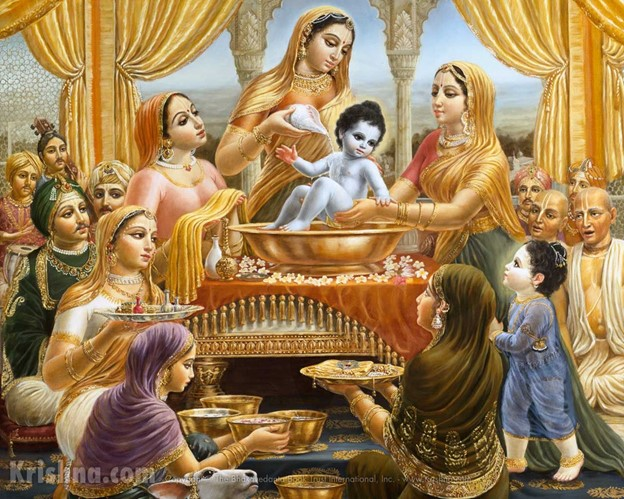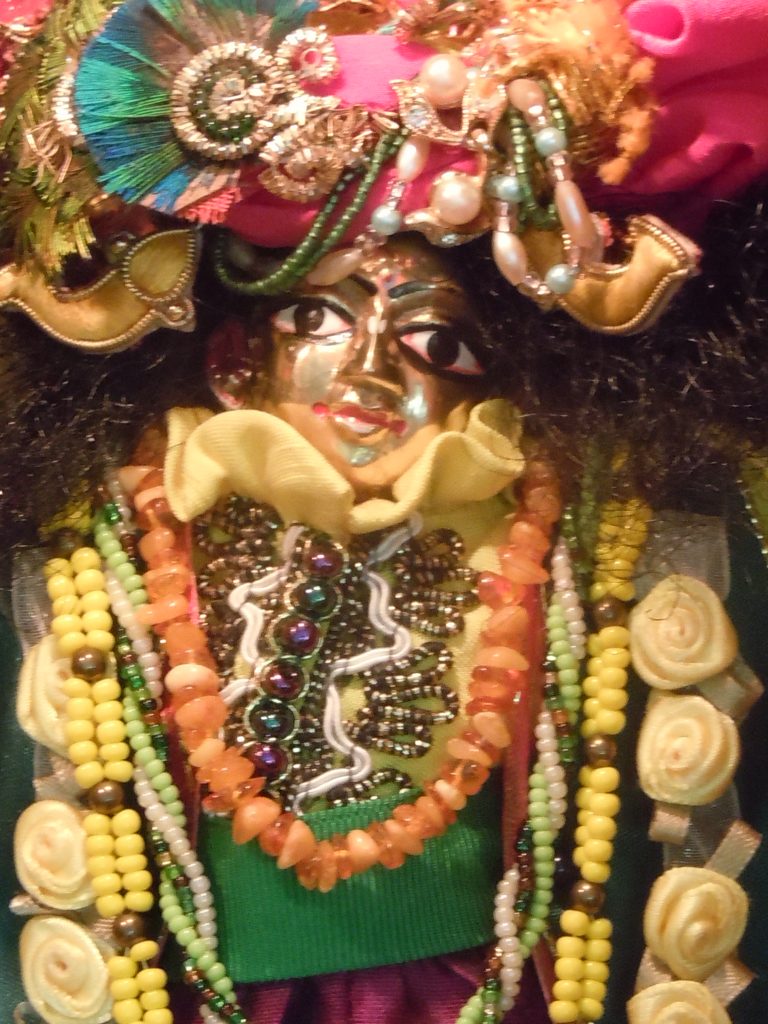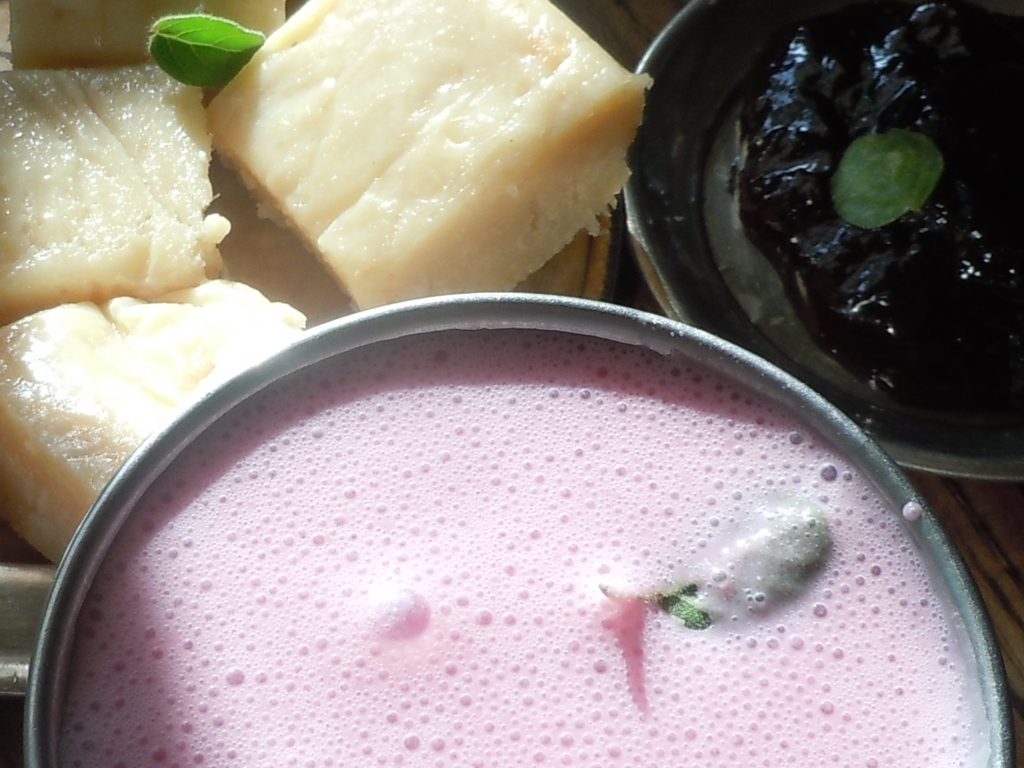- August 10, 2020Oct 3 1975 Mauritius Cyavana: Perfect. Prabhupāda: So don't be discouraged. Puṣṭa Kṛṣṇa: No, Prabhupāda. I'll never leave your lotus…
- August 10, 2020To increase the transcendental bliss of the cowherd men of Gokula, this child will always act auspiciously for you. And by His grace…
- July 29, 2020July 31 1975 New OrleansDevotee (2): Śrīla Prabhupāda, you are seeing Kṛṣṇa at every moment. Does this mean you are seeing Kṛṣṇa in His two-armed…

Under the guidance, inspiration and authority of
His Divine Grace A.C. Bhaktivedanta Swami Prabhupada
Founder-Acharya of the Krishna Consciousness Movement
Srila Prabhupada: “I wish that each and every branch shall keep their separate identity and cooperate keeping the acharya in the center. On this principle we can open any number of branches all over the world. (Letter, February 11, 1967)






